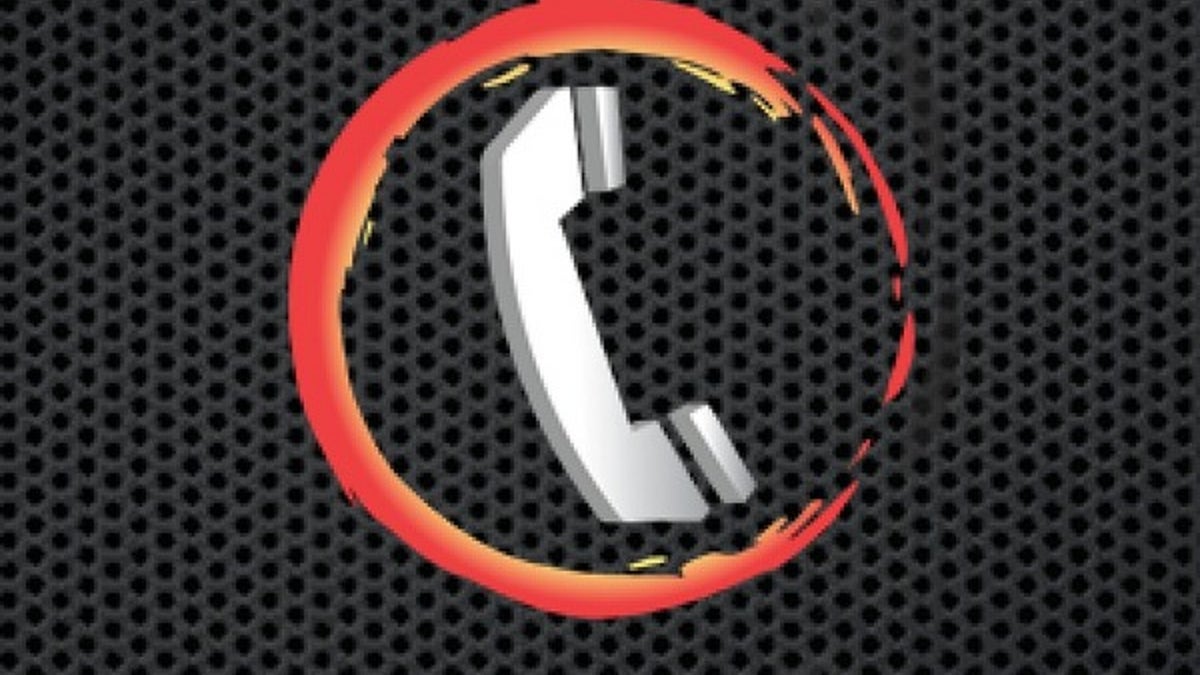
SIlent Phone enables encrypted calls between iOS and Android devices. (Silent Circle)
Threats of Big Brother watching U.S. citizens seem to have gained credence for several reasons this week. It began when British newspaper The Guardian broke a story revealing that the U.S. government has been secretly, although lawfully, collecting the phone records of millions of Verizon customers for years, specifically business landline users. (The data was limited to call logs, including numbers called, but not the content of conversations.
"This program has been lawful. It’s been approved," Senate Intelligence Committee Chairman Dianne Feinstein said in a television interview. The data collected can only be used when there is a suspicion that an individual is involved with terrorist activities, she said. [FAQ: What's Going On With These Tapped Verizon Calls?]
While the court order was approved in the usual legal way, some people may be uncomfortable with the notion of government snooping. And while the alleged court order only covers monitoring Verizon business landlines, the document's language is broad enough to include cellphones.
You have a number of options if you want to increase your privacy when making a call. Some are simple; others are more complicated.
Anonymous phones
A payphone may seem like a safe solution. After all, the bad guys always used them in old movies, and there are still 305,000 working pay phones in the United States, according to the American Public Communications Council. However, because a payphone uses a landline and never moves, calls can be easily traced. Still skeptical? Reddit user Detached09 wrote, "If you don't think a payphone is traceable: Pick one up, dial 9-1-1, scream, and hang up. Wait and see how long it takes the cops to show up."
Instead, buy a disposable phone with a pre-programmed number from any convenience store or other outlet, pay cash and make calls. Using this method, you avoid associating your personal information with a cellphone carrier account. (Although the more calls you make, the easier it is to deduce your identity based on the people you call.)
Encryption
You can also use an encryption app to make calls from your regular smartphone. RedPhone is available for free on Android, for example. Once you install it on a phone, you can make free voice-over-IP calls through the app to other RedPhone users. Similarly, iPhone and Android owners can use Silent Phone from Silent Circle. The app is free, but you must become a member of Silent Circle to use the service, which runs $20 a month. However, these apps only encrypt the conversation of the call. They don't hide information about whose devices are on the call.
Anonymizing service
Alternatively, instead of using your cellphone to make a call, use a computer — preferably a public one, like those at most libraries. That way,your home computer's IP address won't be identified with the call. Or, if you use a device at home, go through an anonymizing service. TORFone is an Internet calling-app that routes your call through six anonymizing servers and encrypts your conversations, hiding both whom you're talking with and what you're saying.
No method is failsafe. And in some countries outside the United States, encryption apps are illegal. If you're traveling, check with the U.S. State Department on communication rules specific to your destination.




















